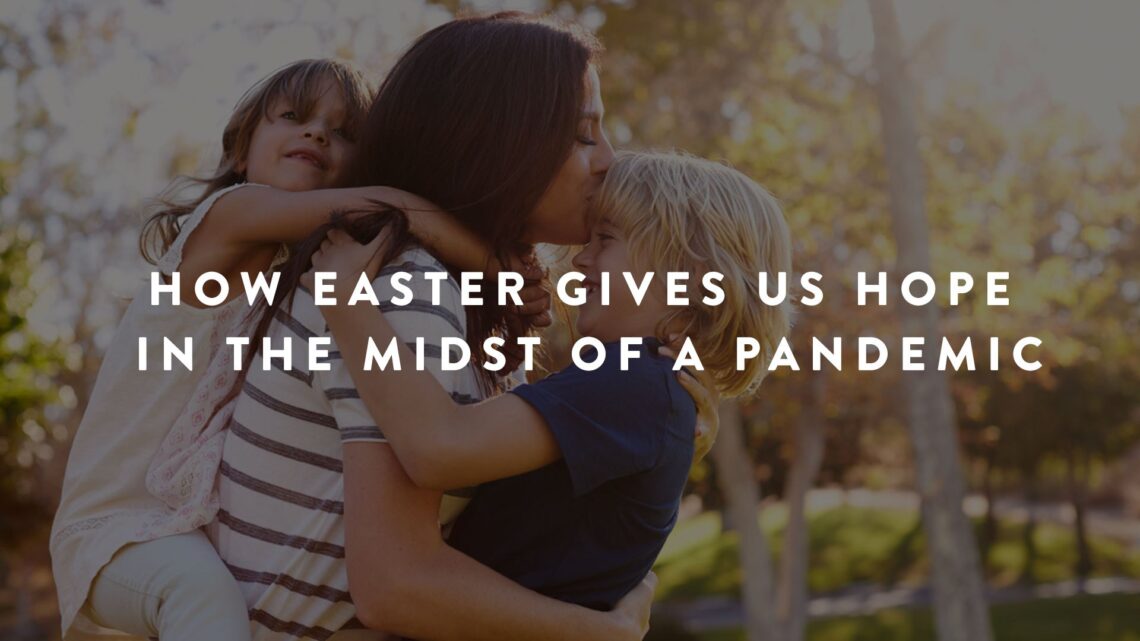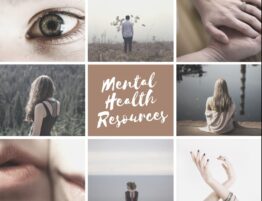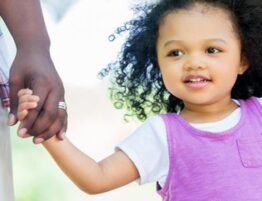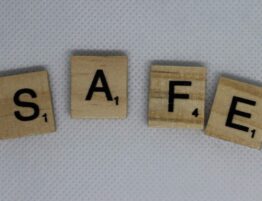
I’ve got good news and bad news.
The bad news is: we’re in the middle of a health crisis and global pandemic that has radically restructured our normal routines and ways of life that none of us have ever had to walk through before.
The good news is: we’re all in it together. None of us have been here before—meaning we’re all learning as we go, and we-re co-journeyers in these unprecedented times.
But even in the camaraderie of knowing we are in this together, there are the questions.
- How do we fill our days?
- How do we get everything done that needs to get done?
- How do we maximize family time?
- How do we not drive each other crazy in the process?
- How do we instill faith in our kids, while also addressing the very real fear they (and we) are facing?
Don’t overcomplicate the already complicated
As a parent of an eight and ten year old, these are the questions on repeat in my head—especially the last one. As an adult that struggles with fear and anxiety of my own, I worry about what my kids are not just picking up from the news, but from my own behaviors.
I wonder how much information is too much for them to handle. I debate over what to tell them and what to keep to myself. I find myself thinking I’m never doing it right for my kids, because it often feels like I am never doing it right for myself.
These were the things cycling around and around in my mind the past couple of weeks. Until one of the rare moments of quiet in my house—that never seems to empty of the people who live here anymore—I wondered if maybe we’re over complicating things. Not that these aren’t complicated times, but that maybe returning to the basics is the best thing we can do.
Between Christmas and Easter
As a country, the reality of COVID-19 really hit home for us in the time between Christmas and Easter. As I thought about the timing of it all, it didn’t seem insignificant. In fact, it seemed like maybe there was meaning there that would help us, as a family, as parents to young kids, navigate the fear.
When I think of Christmas, I think of the message of Immanuel—God with us. I think of the enormity of the decision God made in sending divinity to live alongside humanity. I think of the normalness Jesus was born into—the mundane features of day to day life, but also the fear and unknowing and uncertainty of day-to-day life.
The message of Christmas—33 years before Jesus died—was that God saw us and wanted to be near us. And so He came. And He stayed. And for so many people who encountered Him in the 33 years he walked the Earth, it was His presence alongside them that changed things for them.
And then, just a couple of months later, we celebrate Easter.
A time we specifically draw attention to for the celebration of the resurrection of Jesus from the dead. But tucked into the message of Easter isn’t simply the particular message of Jesus’ life after death.
What Easter is about
Easter is the message of beauty from ashes. It’s the message of the hardest things imaginable—yielding life when it seemed improbable, impossible.
It’s the idea that the worst things are never the last things. That the story isn’t over. That love wins. That good wins. That life is full of hurt and loss, of hard and uncertain, and that to feel those things and acknowledge those things isn’t weak, but necessary.
And that even then, God meets us there with a message of life and hope and newness.
In other words, in a season marked by fear and loss, of uncertainty and difficulty, there are the two most fundamental messages of Christianity to draw comfort from:
God is with us. And the story isn’t over.
Easter reminds us that God is with us
These days, as I parent my kids—and I coach myself day in day out—I keep these two messages front and center.
- When faith shrinks in the face of fear, God is with us.
- When loss overwhelms us, the story isn’t over.
We may be new to parenting in the time of a pandemic. But what we are feeling isn’t new to God. The messages He made sure humanity received are the messages we need more now than ever. In uncertain times, we have God’s presence. In a new normal that shows no signs of changing, we have hope that the story isn’t over, and beauty can come even from this.
Parenting in a pandemic raises a lot of questions. But it also raises to the forefront of our minds the two most foundational ideas of our faith.
When parenting our kids and wondering if we’re doing it right, we can be sure we are at least doing something right when we recenter our family’s dialogue around the things that never cease to be true, when everything else around us changes.
God is with us. And the story isn’t over.





